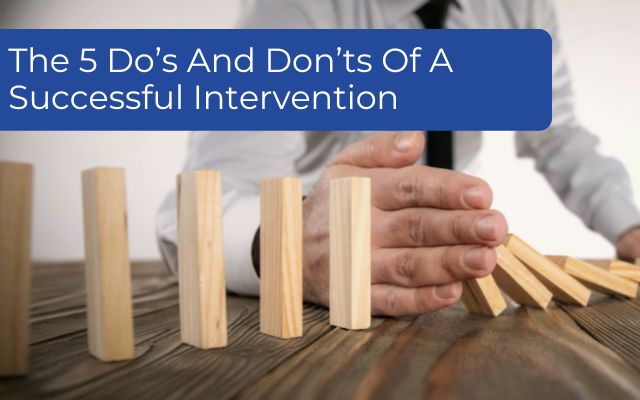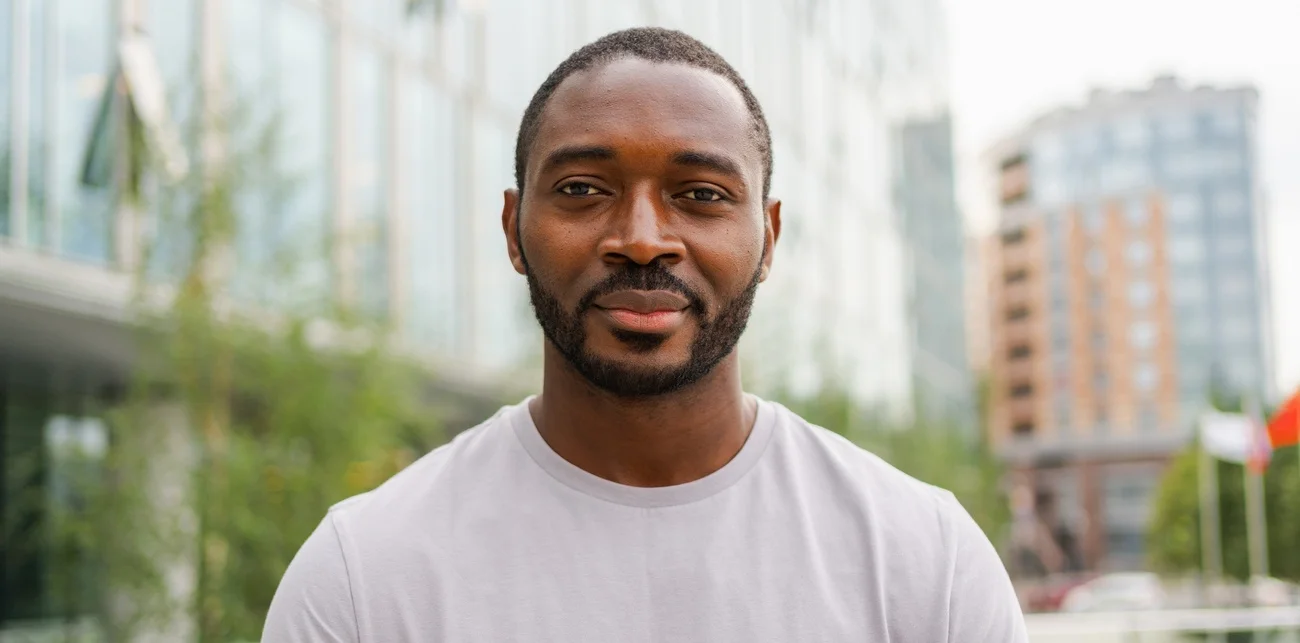
A well planned intervention improves chances of recovery
Could a carefully planned, compassionate intervention increase your loved one's chance of recovery and help protect your family?
Stepping in to help a loved one with a problem as serious as addiction can be daunting and downright terrifying, which is why it’s absolutely essential to understand the do’s and don’ts of a successful intervention.
If things at home or work have become desperate and you feel like your loved one needs help – and needs it now – then it might be time to stage an addiction intervention. Many addicts and alcoholics who are in dire need of treatment struggle to make the decision to get help and this is why addiction interventions are important – they save lives. But staging an intervention incorrectly can do more harm than good. That’s why we have compiled this list of the top five do’s and don’ts of a successful intervention.

The 5 Top Do’s and Don’ts of a Successful Intervention
1. DON’T: Try to do an addiction intervention by yourself without help.
Many things can go wrong and an unsuccessful intervention can damage future chances of success as both the addict and their loved ones start to believe interventions simply don’t work.
DO: Consult an experienced addiction professional or interventionist.
Use someone with a proven history of staging successful interventions. This person should either be a certified interventionist or a qualified addictions counsellor who has become an expert in handling drug and alcohol addiction interventions. This person can coach you through the planning phases and mediate the actual intervention event. Having such a person lead this process gives you the best chance of successfully getting your loved one into the right treatment facility.
- Changes Addiction Rehab’s Director, Gareth Carter, is the only certified interventionist in Africa
2. DON’T: Do an intervention spontaneously without planning properly.
Many things can go wrong and those running the intervention need to be prepared to handle a number of potential obstacles.
DO: Plan thoroughly.
Everyone who will attend the intervention needs to be present at planning sessions. There should be at least two or three meetings before the actual intervention that are facilitated by the interventionist. Everyone involved, including family members, friends and even employers, needs to create a list of points to share with the person who needs help. This list should include examples of how the person’s addiction has negatively impacted their life as well as the lives of those around them. It is also advisable to have a trial run of the intervention with all persons involved so that you can all prepare for potential obstacles and practice healthy ways to respond to any hurdles.
3. DON’T: Get overly emotional, angry and confrontational.
You don’t want the intervention to devolve into a verbal fight. This will defeat the point and risk the chances of success.
DO: Say how you feel honestly but calmly.
It is best to explain the impact of this person’s addiction honestly but without resorting to a verbal attack. These situations are complicated and sensitive and it is common for emotions to run high, but an experienced interventionist will be able to step in to temper extreme emotions and keep the session on track.
4. DON’T: Give into manipulation and emotional blackmail.
Addicts are skilled at protecting their addiction by any means necessary and it is not uncommon for them to have become master manipulators. No matter how strong your resolve is, you might find yourself being persuaded by their threats or attempts to play the victim.
DO: Set boundaries to show love.
They may try to persuade you to believe that you are being cruel to insist they get professional help and that, if you loved them, you would leave them be. But to be truly loving, it is important to set firm boundaries and reinforce these boundaries. This is extremely important because an addict or alcoholic’s disease will progress if they continue to be enabled. Consequences can become extremely severe and even fatal if a person waits too long to get help. It is important to explain that these boundaries come from a space of love and concern and are only intended to help, not to punish.
5. DON’T: Wait after the intervention to take the next steps.
If the intervention is successful and they have agreed to get professional help, don’t wait a few days or even a few hours to admit them to your chosen treatment centre. The window of opportunity resulting from an intervention can close just as quickly as it opened.
DO: Take your loved one to treatment immediately.
Before the intervention takes place, make sure that everything has been arranged with your chosen treatment centre so that the addict can be admitted immediately. If you still have to organise and arrange these details, your loved one might change his or her mind and you might miss your chance to get them help. Take them to the facility directly after the intervention, even if it means you need to pack the person’s belongings after their admission.
An intervention can be an incredibly effective way to help your loved one get help and step off of a path to destruction. However, it is important to stage the intervention carefully and correctly to ensure success.
A successful intervention planned with compassion can raise a loved one's chance of recovery, speed access to treatment and protect your family's wellbeing.. Changes team counsellors are here to help you.Successful Intervention Can Save A Loved One Today








